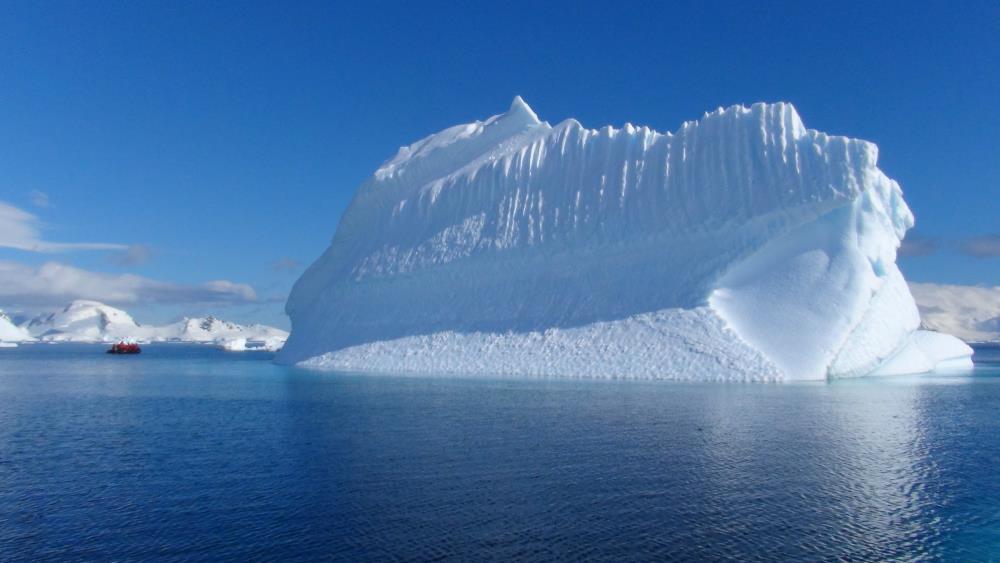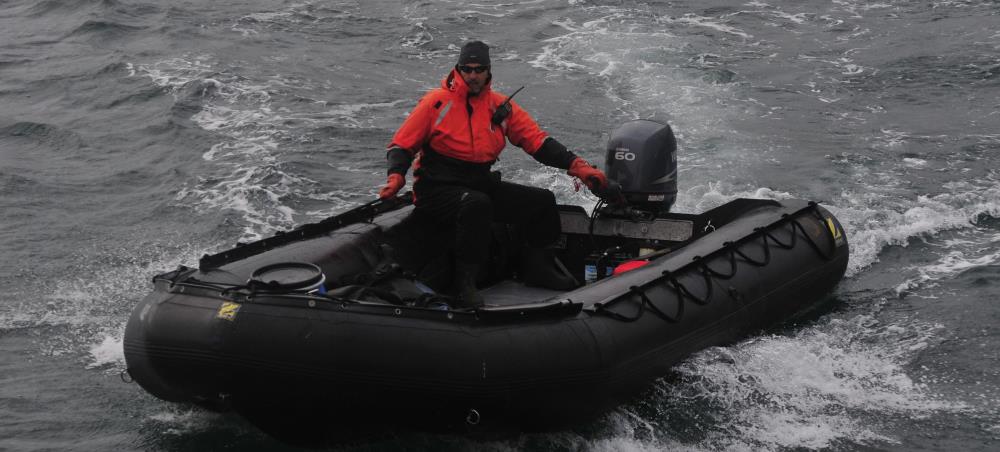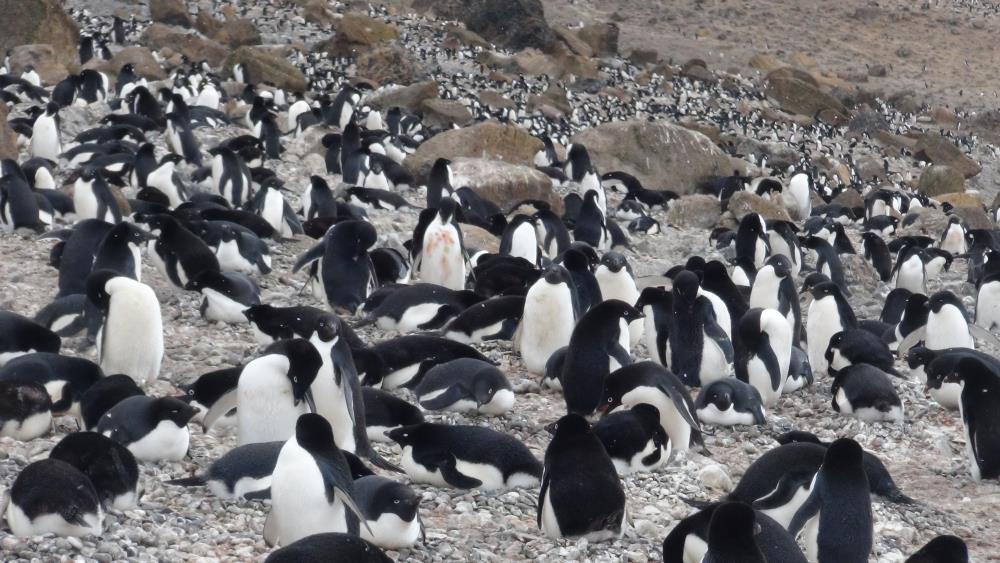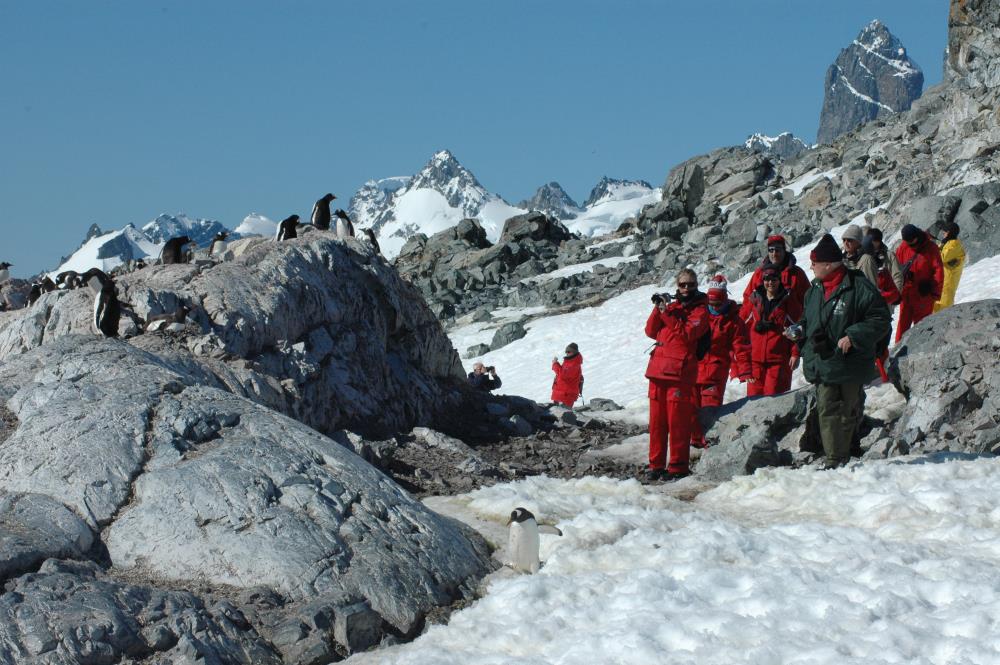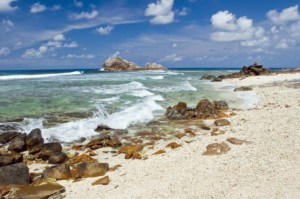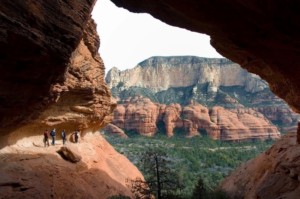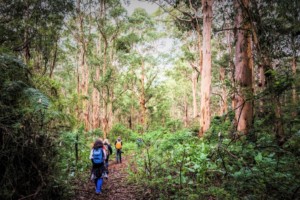Is Antarctica the best-managed tourism destination in the world?
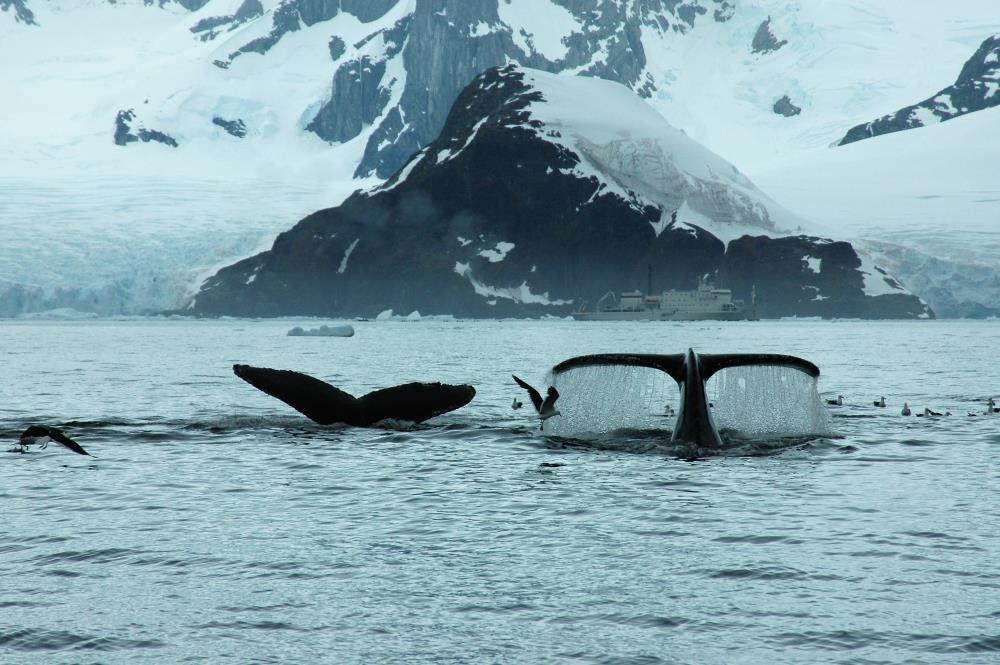
Is Antarctic travel & tourism the best in the world? In terms of sustainability, Thomas Bauer thinks it is. In this “Good Tourism” Insight, Dr Bauer explains what tourism in Antarctica can teach the rest of the world.
UPDATE, June 2021: Dr Bauer is happy for this “GT” Insight to be given another round of publicity. He chose not to update it noting that, COVID-19 notwithstanding, the content is as relevant in 2021 as it was in 2017.
Dr Bauer has visited Antarctica dozens of times in his roles as researcher and expeditions guide. He offers informed inspiration for prospective travellers to the southernmost continent in the “GT” Travel post: “Voyages to Antarctica: Unique, life-changing, memorable”.
Sustainability has become the catchphrase of the early part of the 21st century. Politicians talk about sustainable energy, sustainable cities, sustainable agriculture and we, in tourism, talk about sustainable tourism.
What used to be simply called tourism when I did my undergraduate degree in the field in 1980 first morphed into ecotourism and now many aspects of tourism are discussed with reference to sustainability.
It is important to make tourism (local, regional, domestic and international) an activity that is long-lasting without impacting negatively on people and places involved in it. The key question is, however, who determines what level of visitation at a destination (or attraction) is sustainable?

It strikes me that the level of sustainable visitation in many places is adjusted year by year so that this year’s sustainability is last year’s visitor arrival plus 10 per cent. There are often no hard and fast rules that will clearly state what is sustainable and what is not. It is often a case of profit before sustainability.
Of course the concept of carrying capacity can be used to set certain limits of visitation — in the built environment a football stadium has reached its physical capacity when all the seats are occupied — but in nature such physical limitations are not always easily identified. In such cases those responsible for the management of natural resources need to determine how many people should be allowed to visit at any one time.
Why Antarctic tourism is the best in the world
In Antarctica, a region of the world that I have had the privilege of visiting as a researcher, guide, lecturer and Zodiac driver on more than 40 occasions since 1994, the tourism industry and governments have jointly set firm visitation guidelines.
Under the guidance of the International Association of Antarctica Tour Operators (IAATO), and with the adoption by the Antarctic Treaty Parties, guidelines have been established that allow a maximum of only 100 passengers ashore at a site at any one time. Thus if a ship has 200 passengers, 100 will have to stay on board or go Zodiac cruising while the other 100 are ashore.
- Zodiac dwarfed by an iceberg. Image: Dr Thomas Bauer
- Dr Thomas Bauer piloting a Zodiac. Image: Lina Bauer
Firm guidelines for site visits are also in place. They include: no smoking or eating ashore, no toilets are provided, no souveniring of any kind, and no approach to wildlife closer than a distance of five metres.
A guide-to-passenger ration of 1:20 assures that visitors do not disturb the fauna and (very limited) flora of Antarctica.
Nearly all Antarctic tourism is ship-based. Before guides are allowed to work aboard ships that visit South Georgia and the Antarctic Peninsula they must pass a test set by IAATO that tests their knowledge of current regulations pertaining to visits to Antarctica.
Passengers are required to attend a special IAATO presentation on the code of conduct in Antarctica. Those who do not attend are not allowed to go ashore.
- Adelie penguins, Brown Bluff. Image: Dr Thomas Bauer
- Visitors on Cuverville Island maintaining their distance from gentoo penguins. Image: Dr Thomas Bauer
The above measures have ensured that Antarctic tourism is the best-managed in the world. Other destinations can learn much from the way they are carried out. For example all visitors to national parks or World Heritage-listed areas should be compelled to attend a briefing on a code of conduct before being allowed to enter. The same could apply to cultural sites such as churches, mosques, or temples.
With the steady increase in visitor arrival numbers around the globe, visitors will need to take responsibility for their conduct at sensitive sites. At the same time, the tourism industry must strive to make its impacts on the natural, cultural, and social environment as small as possible. This requires all components of the industry to take appropriate actions to minimise the impacts they have.
What do you think? Share a short anecdote or comment below. Or write a deeper “GT” Insight. The “Good Tourism” Blog welcomes diversity of opinion and perspective about travel & tourism because travel & tourism is everyone’s business.
Featured image (top of post): Humpback whales south of Lemaire Channel. Image by Dr Thomas Bauer.
About the author
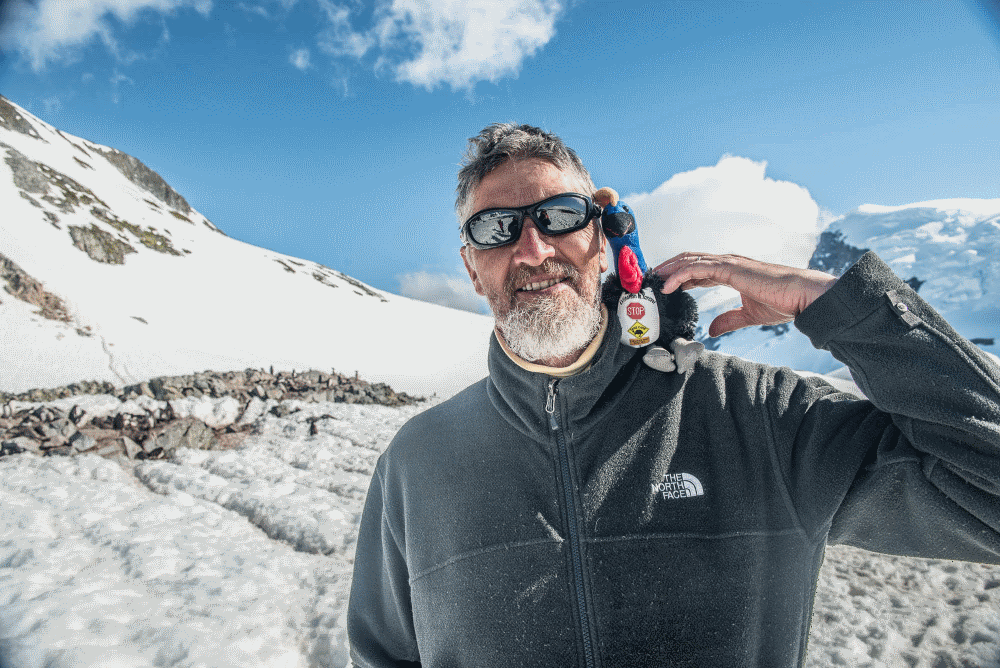
Dr Thomas Bauer is Adjunct Professor, School of Tourism and Hospitality at The University of the South Pacific, Fiji as well as a polar expeditions guide for Albatros Expeditions. Since 1989, Dr Bauer has been a lecturer, administrator and researcher in the field of tourism, as well as a consultant on projects for the United Nations World Tourism Organisation (UNWTO) and the governments of China and Hong Kong SAR. He has also generously given of his free time: As a State Emergency Service (SES) volunteer in Queensland, Australia; and, formerly, as an active member of the Pacific Asia Travel Association (PATA), including its Sustainable Tourism Committee.
Residents of Mission Beach in Queensland, Dr Bauer and his partner Lina are rainforest guardians of the Australian Rainforest Foundation.


